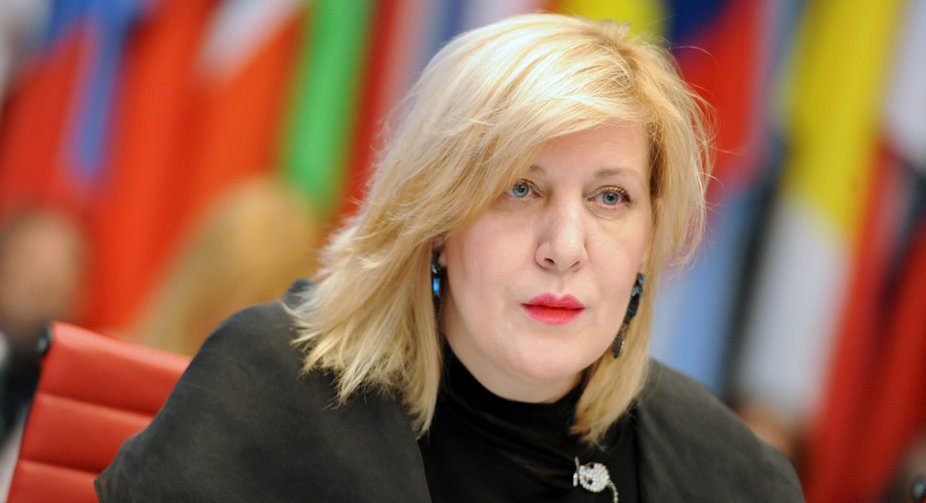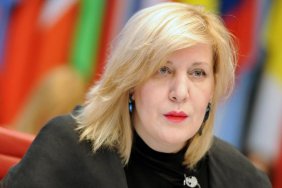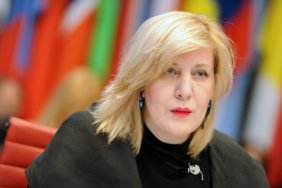Council of Europe Commissioner for Human Rights Dunja Mijatović issued an appeal to protect the rights of LGBT people.
"On the occasion of this year's International Day Against Homophobia, Biphobia and Transphobia, I call on all member states to pay attention to the situation of LGBTI people who are either still in Ukraine or fleeing war, so that their vulnerability and needs are fully taken into account in humanitarian aid," said Council of Europe Commissioner for Human Rights Dunja Mijatović.
Together with their compatriots, Ukrainian LGBTI people are suffering the consequences of this terrible war. Some have taken up arms, some have become internally displaced persons, some are reacting heavily to the humanitarian crisis, and others have still decided to leave in search of asylum in other countries. But as highlighted in a statement released yesterday by the UN Independent Expert on Sexual Orientation and Gender Identity and other human rights experts, LGBTI people are even more vulnerable during war and displacement than in peacetime.
LGBTI human rights activists have drawn attention to the particular vulnerability of LGBTI people caught up in war in Ukraine. Local LGBT people have created special shelters for LGBT internally displaced persons to help protect them from the discrimination, prejudice, and violence based on sexual orientation and gender identity that existed before the war. They must have access to adequate resources. Of immediate concern is the lack of medications needed by some LGBT people in Ukraine, including hormones for transgender people, medications for intersex people, and antiretroviral medications.
"During my recent visit to Ukraine, I was also told that some transgender people have difficulty leaving the country. For example, this is the case with several transgender women who are blocked in Ukraine because they have not completed the process of legal gender recognition, and therefore the gender markers on their identity documents remain male, while all men between the ages of 18 and 60 are required by law. martial law to remain in Ukraine. More generally, authorities in both Ukraine and the border countries should address the particular vulnerability of transgender people who need to leave the country so they can do so safely.
I am also concerned about LGBTI people in territories where there is fighting that are occupied or otherwise outside the control of the Ukrainian government. I have previously received information that hatred towards LGBTI people there is particularly widespread and encouraged," the human rights activist said.
In addition, Mijatović called on member states to take into account the situation of LGBTI people from Russia, Belarus and other countries who have taken refuge in Ukraine and who cannot safely return to their countries of origin.





